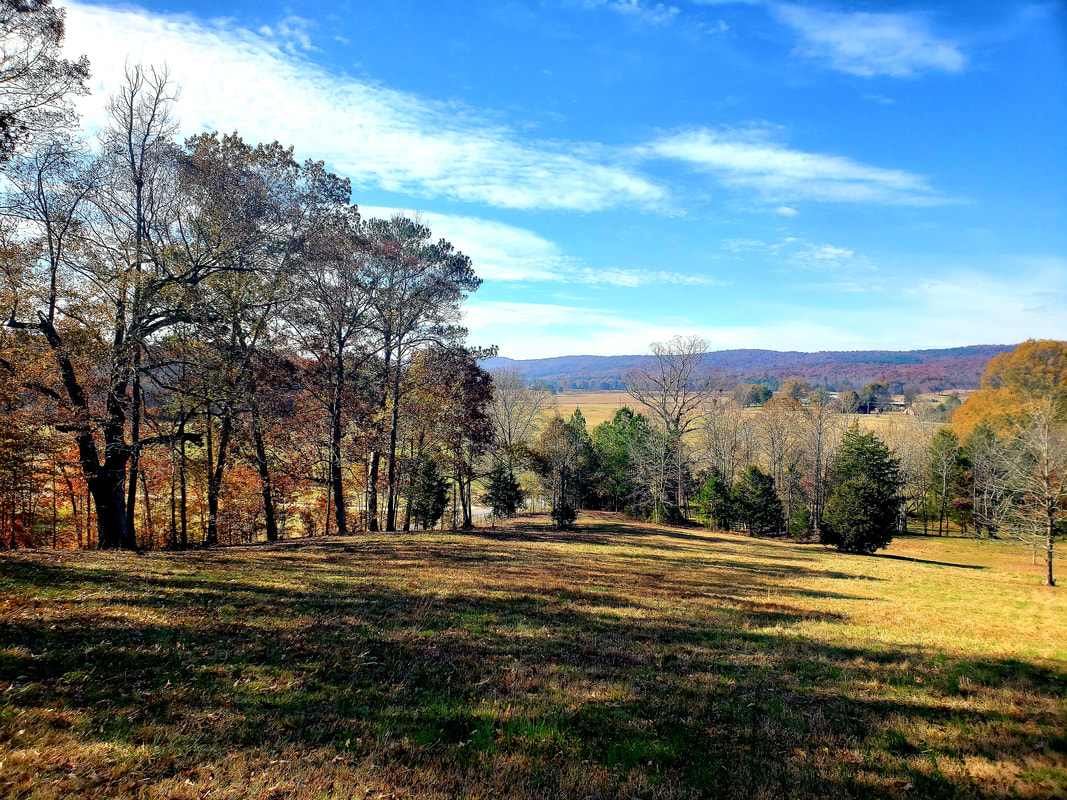The Mirror of Fantasy and RealityMy first serious project took place from 2016 to 2018. This project, a manga version of what would later become my Angelica/Demonica webnovel, would ultimately fail and lead me to pursuing a career in writing prose. The project failed, yes, but it was an experience that I duly needed to truly begin to understand the wild, mercurial beast that is a story—and thusly, understand the concept of fantasy. “Fantasy” is an odd word for the genre, given that the proper definition of the word aptly applies to all fiction. But I speak of the term in the common disambiguation that one would consider when they think of it in terms of fiction. That, in turn, refers to a genre that often has a unique world (or an unnaturally modified version of our world), magical components, and possibly (and usually in some form or another) mythical characteristics. Photo by William F. Burk This is a short list and is in no way comprehensive nor does it give justice to the vast area of themes and elements that the genre encompasses. My point in this list is to gravitate the mind to the idea that fantasy is the greatest creative form available to the writer. Given its creative breadth, the beast of fantasy holds a unique power, akin to that of literary fiction, yet more covert and easier to swallow. That is, what gives the fantasy genre its power is not its ability to exit or warp reality; it is instead its ability to mimic it. You might say: “Wait! You just defined fantasy as unnatural or far from reality!” This is true. But it is that very element that allows the power of fantasy to work. In this, short and simple, fantasy allows the reader to approach the self and the world in ways that they might not in another genre. When we follow a hero or heroine, we meld with them. This is a key component of fiction in general, but more so with fantasy. Given the idea that the reader wants to escape, they are drawn into the problems of the illusory world in the book. And, in turn, they see themselves in the characters. This may happen subconsciously, but it works as a mirror. Within the character’s struggles, we see our own; within the character’s world, we approach our own. Fantasy is the jagged black mirror, its truth only available in the light of suspended belief. Its truth is not the truth of the tale, but the truth of the one reading the words. The reader follows the character, but they’re really following their hearts. Enjoyed this post? Leave me a comment! ^_^
0 Comments
Leave a Reply. |
Details
William F. BurkAward-winning author of fantasy, flash fiction, and poetry. Author of "The Heart of Hearts," a debut fantasy novel. Always writing, forever and ever. Archives
May 2024
Categories
All
|

 RSS Feed
RSS Feed